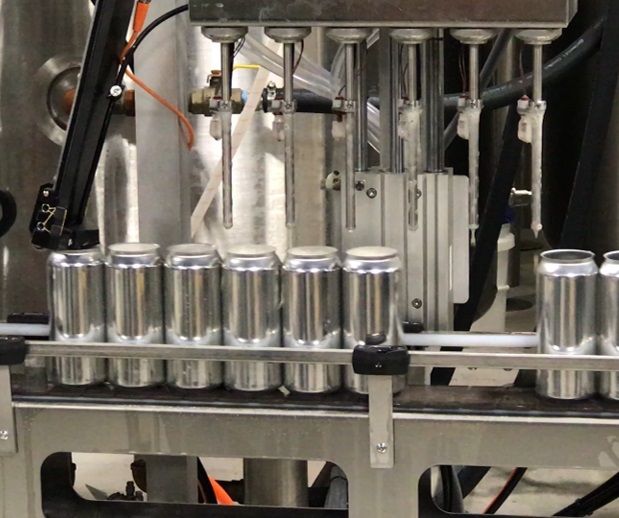
The craft brewing industry continued to grow in 2019, but as with 2018 that increase in breweries and products meant a more competitive marketplace. The trade organization representing craft brewers, the Brewers Association (BA), released a 2019 midyear survey in December that measured a 4 percent production growth year-over-year for small and independent brewers (defined like this) in 2019, slightly down from 5 percent in 2018. Although final 2019 numbers are still not public yet, the BA assumed there were more than 8,000 American breweries operating in 2019, and at the same time an estimated 300 breweries closed last year.
In such a fierce marketplace, how can your craft beer operations stand out from the growing crowd of producers? Clean production and a pure product for starters. Let’s take the example of air compressors. Every brewery needs some form of a dry compressed air system. When manufacturing fermented beverages, compressed air is used for purposes such as:
- Pushing fluids through piping and tanks
- Energy for pneumatic transportation and control
- Aeration of wort, yeast or water
- Modulating valves
- Purging gas to displace solutions in tanks during the cleaning process
- And the keg washing process
Specifically using “oil-free” compressors is essential for these types of operations. If oil comes into contact with beer, it damages the beverage by killing the yeast and flattening out the frothy head, making for bad brewskis. It’s also a safety hazard. Because food and beverage production is so sensitive, strict quality and purity standards are in place and rightfully so.
When speaking with a craft brewery, we learned there were way more usages of compressed air than we even thought. Many breweries use compressed air for cleaning and canning applications. It is used for keg purging after sterilization. Compressed air is also used in the canning process. It helps operate pneumatic controls in the assembly line, forcing cleaning agents into cans, as well as for affixing can tops and general conveyance through the canning process.
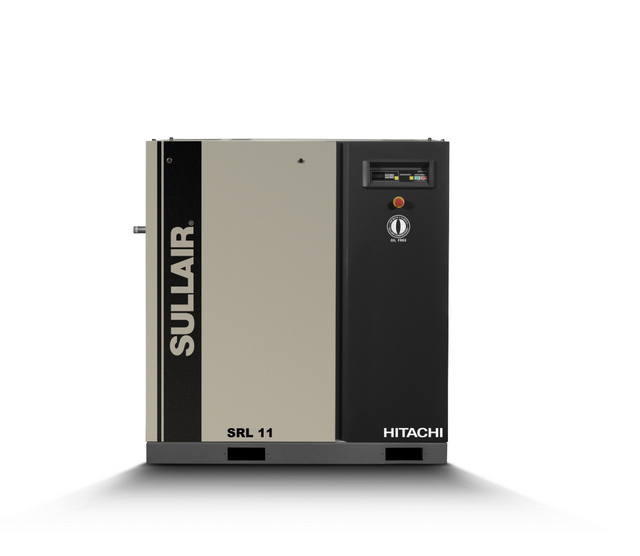
You can see how these processes could easily be contaminated with an oil flooded compressor. Many breweries find the Sullair SRL Series of oil-free air compressors (example above) in the 10- to 15-hp (7.5- to 11-kW) range is an ideal fit for their production. Breweries enjoy the quietness of these types of machines. The SRL Series offers noise levels as low as 48 dBA, making the compressors suitable for indoor applications without a separate sound attenuated room.
When air purity is critical, such as at brew pubs and craft breweries, oil-free air is essential. Oil particulates in compressed air can contaminate downstream processes and production. With many breweries producing thousands of barrels or cases a year, no one can afford taking on that kind of risk. Craft Brewing Business will be tackling this issue more with the help of the compressor experts at Sullair, so stay tuned.
Amy Offord is an air systems specialist at Sullair LLC.

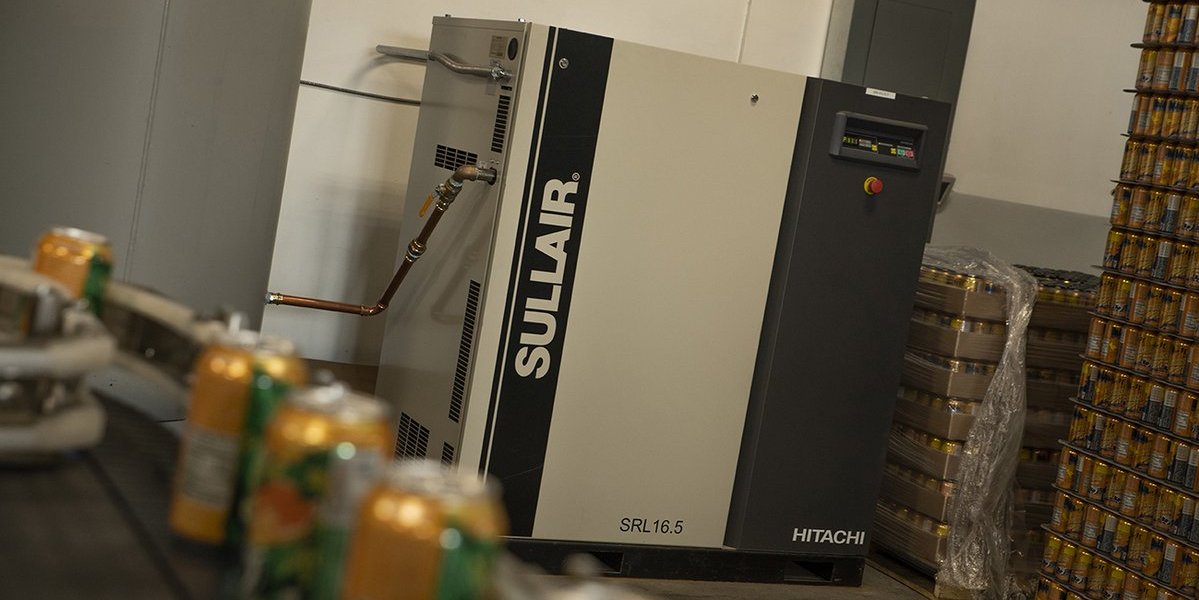
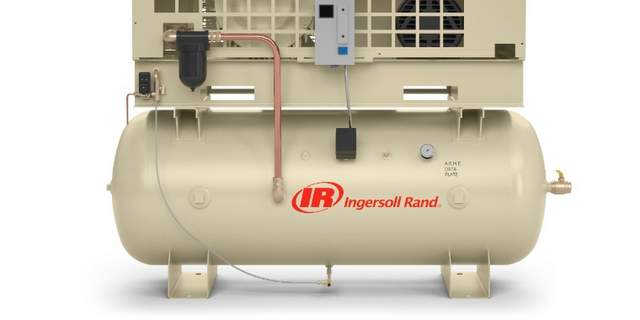
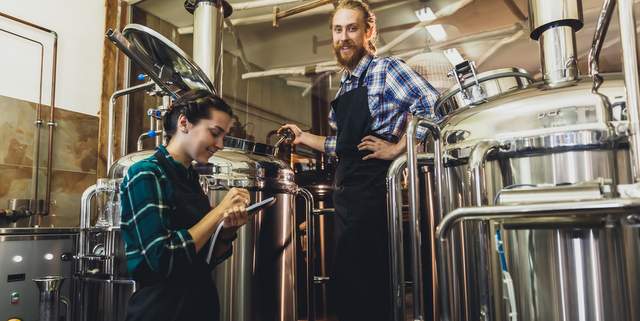
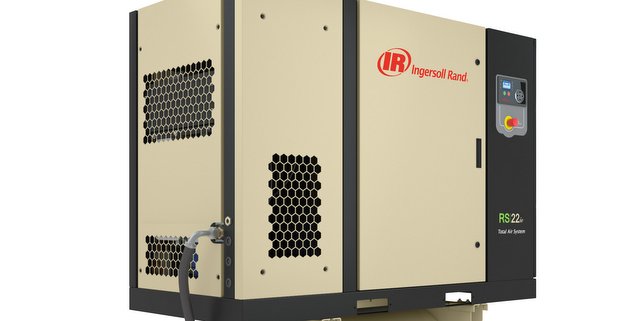
Thomas Beckmann says
I just spent the last three weeks on outfitting oil compression system for our new brewery. Happy to finally move on from it, but also excited for when the new toys arrive!